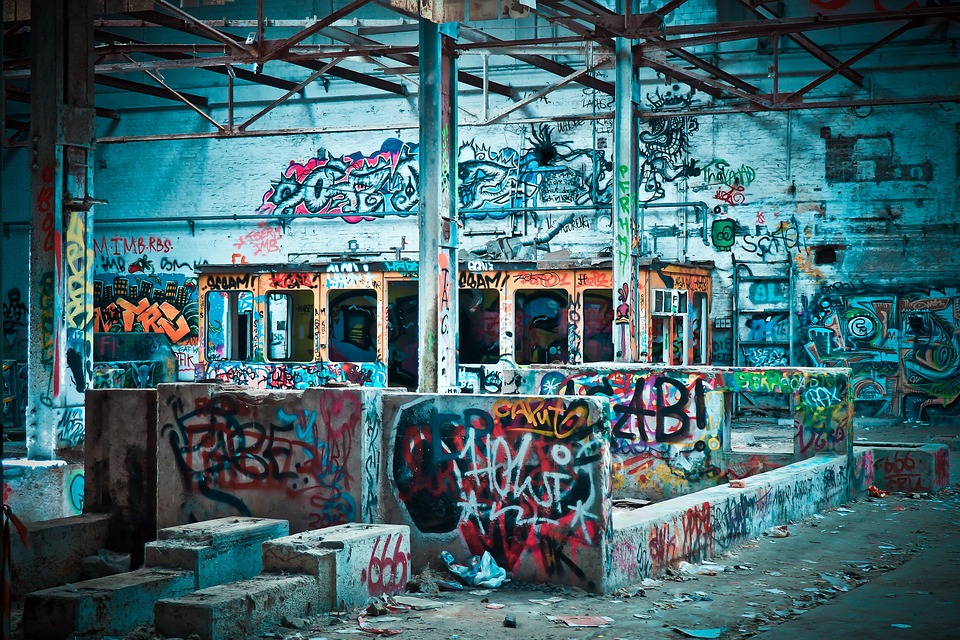Kosovo’s Ancient Heritage: Uncovering the Illyrian Connection
Kosovo, a small landlocked territory in the heart of the Balkans, carries a rich tapestry of history that is often overlooked. It bears the marks of various civilizations, cultures, and ethnicities that have traversed its terrain over millennia. Among these are the Illyrians, who are believed to have been the earliest inhabitants of the region, leaving a lasting impact on Kosovo’s culture and identity. This article explores Kosovo’s ancient heritage, focusing particularly on the Illyrian connection, and examines how this heritage shapes contemporary identity and culture.
The Land of the Illyrians
The Illyrians were a group of tribes that inhabited the western Balkans, particularly in present-day Albania, Croatia, Montenegro, Bosnia and Herzegovina, and, importantly, Kosovo. They emerged as a distinct cultural entity around the 2nd millennium BCE. The territory they covered corresponds closely to the geographical boundaries of ancient Illyria. The Illyrians played a significant role in the historical narrative of the Balkans, and their presence is keenly felt in Kosovo.
Archaeological Discoveries
Numerous archaeological sites across Kosovo attest to the Illyrian legacy. Excavations in places like the ancient city of Dardania (near present-day Gjakova) have revealed settlement patterns, burial mounds, and artifacts that provide insight into Illyrian life. The presence of fortified hilltop settlements, known as gradina, reflects advanced social structures and military capabilities. These findings underscore Kosovo as a significant center of Illyrian culture.
Artifacts such as pottery, jewelry, and weaponry found at these sites illustrate the sophisticated craftsmanship of the Illyrians. For example, decorated pottery found in the villages of Preoca and Llapushnik features intricate designs and motifs that signify a blend of cultural influences, indicative of trade and interactions with neighboring civilizations.
The Illyrian Languages and Script
The Illyrian language remains largely enigmatic due to scarce written records, but it is believed to be part of the Indo-European family. Although the language died out with the Roman conquest, linguistic studies suggest remnants of Illyrian influence in modern Albanian and some other Balkan languages. Furthermore, inscriptions found on monuments and artifacts provide essential clues about the Illyrian script, albeit limited. These scripts reflect a rich oral tradition and underline the importance of language in the preservation of cultural identity.
Religious Practices
Religion also played a crucial role in shaping Illyrian society. Polytheistic beliefs centered around natural elements and ancestor worship were prevalent. Archaeological excavations of sacred sites, such as those at the Ulpiana site near Kosovo’s capital, Pristina, reveal temples and altars dedicated to various deities. These findings symbolize the Illyrians’ connection to their land and their spiritual beliefs, elements that continue to influence the cultural landscape of Kosovo today.
The Illyrian Influence on Modern Kosovo
The heritage of the Illyrians extends beyond archaeological findings; it permeates the modern identity of Kosovo. The Illyrian connection is often invoked in discussions surrounding national identity, particularly among the ethnic Albanian population, who regard the Illyrians as their ancestors.
Historical Narratives and National Identity
From the late 19th century onward, the Illyrians have been romanticized as the forebears of the Albanian people in the context of the national awakening. Scholars and nationalists sought to connect modern Albanian identity to the Illyrians, arguing that their survival through centuries of foreign rule and cultural assimilation signifies a unique and resilient heritage. This narrative became particularly poignant during the struggles for independence, as a unifying symbol for a people seeking to establish their place in the modern world.
Cultural Revivals
Today, initiatives are underway to revive and promote Kosovo’s Illyrian heritage. Many cultural events celebrate this ancient legacy, with festivals, art exhibitions, and educational programs highlighting the significance of the Illyrian period. Schools and universities are increasingly incorporating lessons on Kosovo’s ancient history into their curricula, fostering a sense of pride and connection to the past among younger generations.
Tourism and Heritage
The potential for cultural tourism associated with Illyrian heritage remains largely untapped. Sites of historical significance, such as the Illyrian forts and burial mounds, present opportunities for attracting visitors interested in archaeology and ancient cultures. Government and local organizations are beginning to recognize this potential, taking steps to preserve and promote these sites as vital components of Kosovo’s cultural tourism strategy.
Challenges in Preserving Illyrian Heritage
While the Illyrian heritage is a source of pride, challenges remain in its preservation and promotion. Political instability, economic hardship, and infrastructural deficiencies continue to hamper efforts to protect and celebrate Kosovo’s archaeological sites. Many locations are at risk due to urban development and neglect, highlighting the need for focused policies and investments in cultural preservation.
Political Context
The political landscape of the Balkans, marred by historical conflicts and ongoing disputes, complicates discussions around cultural heritage. Different ethnic groups sometimes have divergent narratives about the past, leading to tensions that can obstruct collaborative efforts to preserve a shared history. Moreover, the region’s complex identity issues often leave cultural heritage sitting in the backseat amidst political negotiations.
Funding and Institutional Support
Effective preservation of archaeological sites and promotion of Illyrian heritage require adequate funding and institutional frameworks. The current economic conditions in Kosovo present a barrier to the allocation of resources for heritage conservation and education. Support from international organizations, NGOs, and potential partnerships with universities abroad can play a pivotal role in enhancing the capacity for heritage management.
Conclusion
Kosovo’s ancient heritage, particularly its Illyrian connection, is an integral part of the region’s identity. Unearthing this past not only provides insights into the lives of early inhabitants but also serves as a touchstone for modern discussions on culture, identity, and national pride. As Kosovo navigates its socio-political landscape, embracing and promoting its rich heritage is crucial for fostering unity and resilience among its diverse populations.
Despite the challenges, there is substantial potential to leverage the ancient legacy of the Illyrians as a bridge to understanding and collaboration. By investing in archaeological research, education, and cultural tourism, Kosovo can ensure that the heartbeat of its ancient past continues to resonate in the present and guide future generations.
Modern Footnote Sources
- JASINI, S. (2015). Illyrian Language and Its Place in The Indo-European Family: A Historical Perspective. Journal of Linguistic Studies.
- RAMA, E. (2019). Archaeological Discoveries in Kosovo: Uncovering the Illyrian Presence. International Journal of Balkan Studies.
- MALIQUI, A. (2021). The Role of Illyrian Culture in Albanian National Identity. Balkan Heritage Review.
- GASHI, S. (2020). Cultural Heritage and Identity: The Illyrian Legacy in Modern Kosovo. Journal of Cultural Heritage Management.
- KRASHNIQI, V. (2022). Political Narratives and Their Impact on Cultural Heritage Preservation in Kosovo. Journal of Political Sociology in the Balkans.
This exploration not only highlights the importance of the Illyrian heritage in Kosovo but also urges a deeper understanding of how history informs contemporary identities and the collective aspirations of the people.


























Add Comment